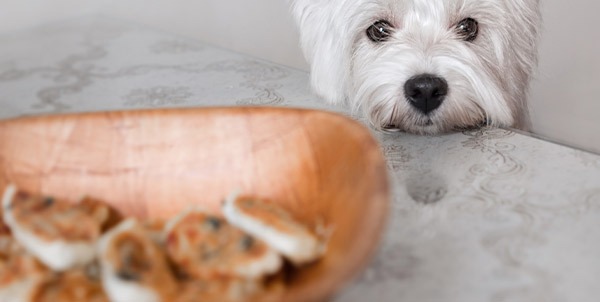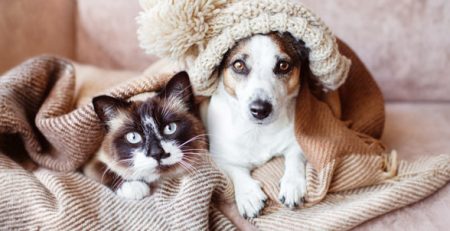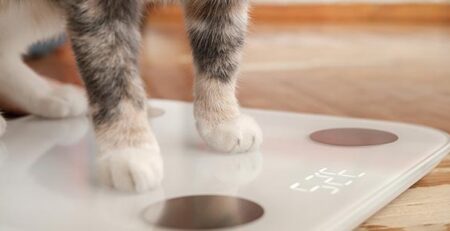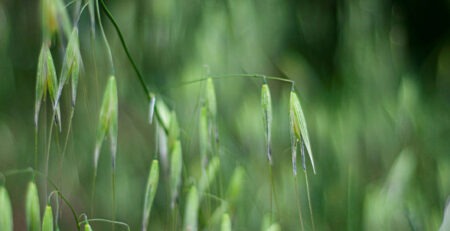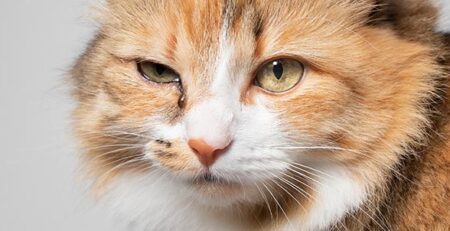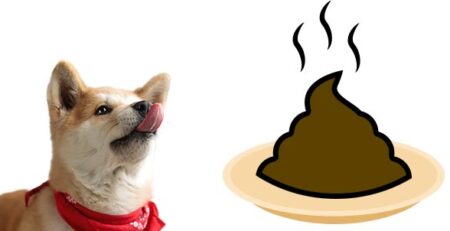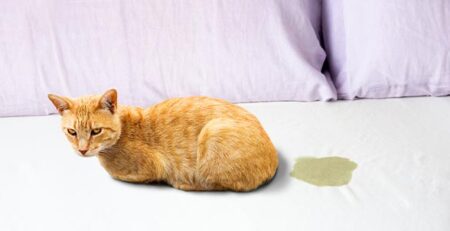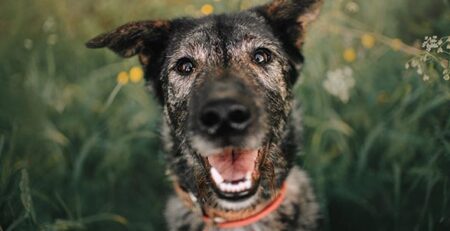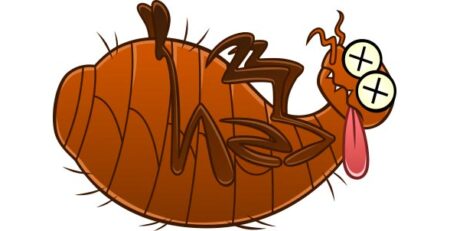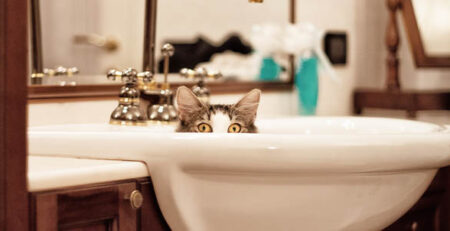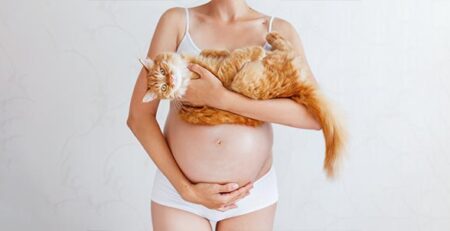“If I eat it, my dog can eat it too,” is the most mistaken and risky reasoning you can make for your four-legged friend’s health.
In fact, there are many foods that we humans find daily on our tables and in our diets that can be problematic, if not deadly, for our four-legged friend.
So we are careful in giving leftovers to the dog, or when we are moved by his pitiful eyes yearning for an after-hours bite by seeing us voraciously eating a snack.
Let us never forget that the human digestive system is completely different from that of the dog, and special precautions must be followed.
The foods that are harmful to the dog
-Nocoffee, tea, other exciting or alcoholic beverages in the bowl
Caffeine and theine, in addition to causing vomiting and diarrhea, risk raising the dog’s heart rate to the point of causing tremors, restlessness, convulsions and, in the most severe cases, death.
A bowl of fresh water is more than good enough to refresh him.
-Nogarlic and onion and no, no breath involved.
An accidental intake is not serious, but if taken consistently these foods can intoxicate the dog and make him anemic.
-Milk can cause diarrhea and other digestive disorders
Disorders that are mostly found in adult dogs that no longer possess the enzymes that, as puppies, allowed them to digest it without problems.
-Theintake of meat, fish (which must be fully diluted) and eggs should be avoided unless cooked
These foods should only be given cooked to avert the danger of intoxication caused by salmonella or escherichia.
What about the bones and bread? Maximum attention!
The most dangerous are those of chicken, pork and lamb, which, by breaking and becoming particularly sharp, can tear the dog’s stomach.
Prefer bones that are particularly large, thus difficult to chip, and only from cattle.
Give a few pieces of bread to Fido if he is fond of it but make sure it is stale by a few days so it is more digestible and helpful in fortifying the gums.
Also beware of all those fruits that contain seeds or kernels
If ingested, they can cause intestinal obstruction that, if not diagnosed in time, can be fatal.
It is also recommended that avocados should never be fed to the dog.
As strange as it sounds, juicy, succulent grapes are also dangerous for dogs: they can in fact causekidney failure.
Vegetables such as cabbage should also be avoided; mushrooms, even those suitable for human consumption, are also found to be toxic.
Absolutely no chocolate and sweets
Even your darling is entitled to a sweet break now and then, but far be it from giving him chocolate.
Chocolate contains cocoa and is toxic because of the theobromine it contains.
The dark one, in fact, even if ingested in small amounts can bring discomfort such as vomiting and diarrhea and, in severe cases, can prove lethal.
Sweets in general can lead to digestive problems, and excessive sugar intake can lead to obesity, the development of diabetes, and the onset of dental problems.
Same for foods without sugar but with artificial sweeteners that are still harmful to the dog’s health.
Dogs are not given leftovers!
Dogs are not garbage disposals, and the leftovers from our table are totally unsuitable foods for their diet: all the more so if they are spicy, peppery and fatty, throw them in the wet waste where it is right for you to confer them.
Same for expired or gone bad foods, would you eat them? Of course not, and neither should your dog eat them.
If you want to feed your dog a home-style diet, you should consult your veterinarian, who will be able to advise well on what and how much to feed your dog based on his age and lifestyle.

